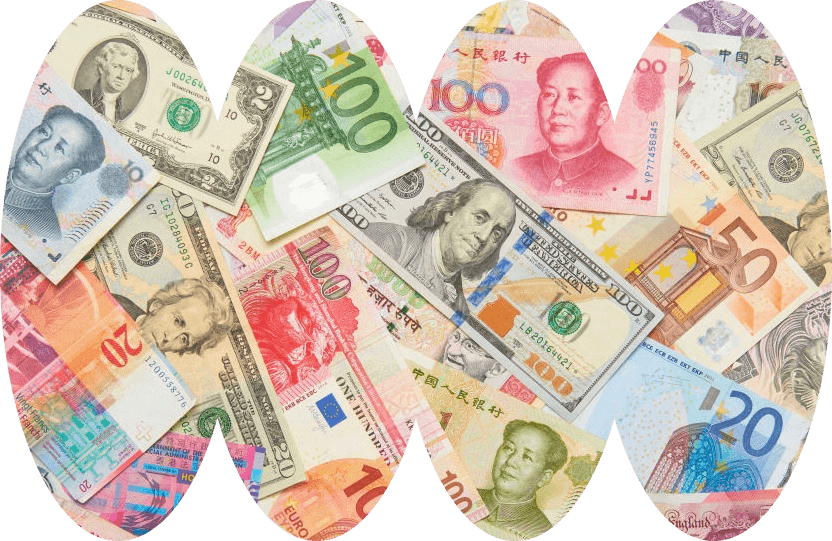High fees and opaque exchange rates are hitting New Zealanders who send money overseas. Is there another way?
When Abhinaw Sai moved to New Zealand, he took out a student loan. The engineering student had finished his degree, and he wanted to specialise in construction management. So he used a loan from a bank back home in India to fund his masters study.
Now that he’s working, Sai’s trying to pay back that loan. Since 2017, he’s been sending $450 every month to his bank in India.
To do this, he’s been charged up to $20 every time. “There are multiple fees,” he says. “There’s the currency conversion from New Zealand dollars to Indian rupees. There’s a fee for providing the service. Sometimes, the receiving bank in India may charge a fee.”
He doesn’t like it, but it’s Sai’s only option. He needs to pay back that loan, and every time he makes a payment, multiple banks chip away at his money, taking chunks out in fees that could be used to pay off his debt faster.
Even though he’s got a job now, employed as a professional teacher fellow at the University of Auckland, he worries about it every time he hits the send button. “Every dollar counts,” he says.
Tristan Dakin says this is a problem for many New Zealand migrants trying to send money back home. “There are massive Pacific island communities across Australia and New Zealand,” says the Australia-NZ country manager for Wise. “A big chunk of those people are trying to send money home to their families on a pretty regular basis.”
Many suck it up and do it through the major banks where the fees can be huge. Why don’t they shop around? “There’s this customer inertia,” says Dakin. “People have this weird sort of trust in their bank.”
A Consumer NZ investigation discovered that trust hadn’t been earned. A 2019 investigation found some banks charged up to $30 for an international bank transfer. At the time, it called on banks to lower their fees and encouraged users to find a dedicated online-only money transfer service, compare fee structures and find cheaper alternatives.
A trawl through the fine print on their websites shows some banks haven’t changed since that study was release. Kiwibank charges $20, Westpac charges between $10-$25, at ASB you’ll pay $15, while ANZ charges $9 and BNZ $5. All charge more if you attempt to send money in person. (A spokesperson for Kiwibank says its prices are “something we are looking at and may review in the near term”.) There may also be currency conversion fees associated with the transaction, and the bank receiving the money may also charge a fee.
Dakin says the banks are raking it in. There is, he claims, a good reason for this: it makes them a lot of money. “The fees that they’re charging are so far above what their operating costs are for doing that exchange,” he says. Stuff recently reported the top four banks were making about $16 million in after-tax profit – including from international transaction fees – every single day. “It’s an order of magnitude far above where it needs to be.”
But there’s another way banks can squeeze more money out of you: through higher-priced exchange rates. Often, Dakin, claims, they’re above the current exchange rate. He warns this is usually how banks offering fee-free transactions will make up the difference. “It’s a hefty fee [and] they’re able to get away with it just by keeping it hidden in the exchange rate … it adds up.”
Wise, an online-only money exchange organisation, is speaking out about this because it tracks the data. The markup on each exchange, says Dakin, is 5-6% of the overall transaction amount. “What they’re actually doing is charging a huge mark-up on the exchange rate. It’s not what’s advertised on Google … it’s not what the bank is actually purchasing the currency at.” In comparison, Dakin says Wise’s average markup is 0.6%.
He’s not the only one warning about hidden bank fees. Moneyhub, a local online financial guide, recently warned its readers that online services could offer a much better deal than banks. “Banks are uncompetitive, legacy platforms like Western Union are expensive and online rivals come and go with introductory offers but may not be cheaper overall,” warns founder Christopher Walsh. Its top three recommendations were Orbit, Currency Fair and Wise.
Dakin agrees it pays to shop around, compare fee structures, and to check currency exchange rates until you find somewhere offering reasonable rates. Recently, Sai managed to get his student loan repayment fees down to $5 by shopping around.
In his job at the University of Auckland, he’s encourages his students to do the same. “I come across many students who are new to New Zealand and they’ve got no idea about the extra fees that go to the banks because they’re still settling in,” he says. “It’s only fair that they can save as much as they can on fees.”



